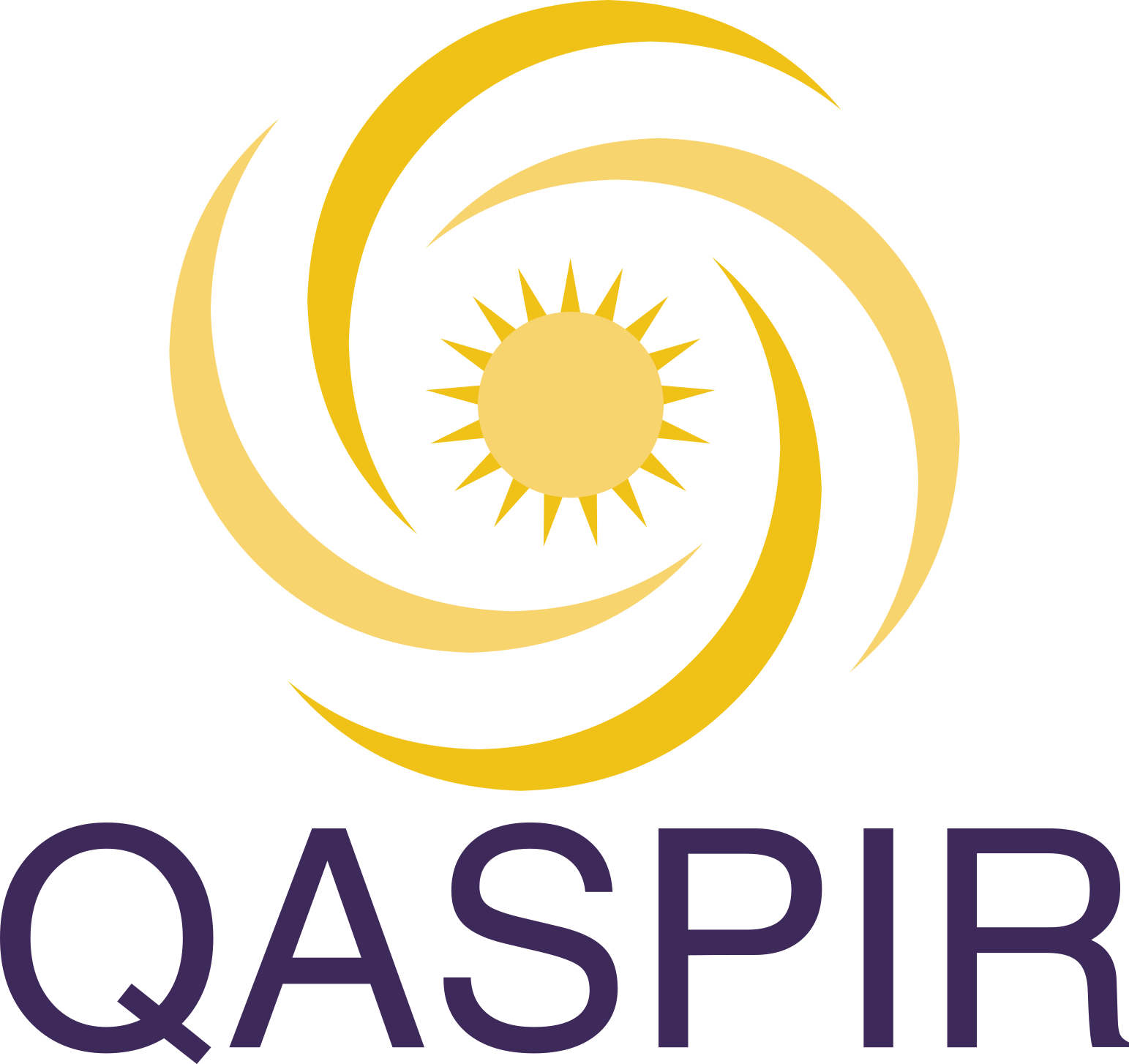The Benchmarking Institute

The National Higher Education Benchmarking Institute foundation was laid more than 15 years ago with initial funding from the U.S. Department of Education’s Fund for the Improvement of Postsecondary Education (FIPSE) and currently leads several benchmarking projects for higher education. The FIPSE funding established the Cost and Productivity Project, formerly known as the Kansas Study, which provides colleges with benchmarks on costs, class sizes and faculty workloads. At the same time, the National Community College Benchmark Project (NCCBP) was conceived to take a “balanced scorecard” approach to community college benchmarking and has grown to over 150+ credit benchmarks to measure performance in a broad range of areas across the institution. The Workforce Training Benchmark Project was developed in 2012 when the Benchmarking Institute worked with the National Council for Continuing Education and Training (NCCET) and over 20 community colleges to develop the non-credit benchmark project. In 2017, the NCCBP and the Workforce Project were combined into one study that gives colleges a complete picture of all their programs.
Nearly 500 two-year institutions have participated in the data-collection and reporting process for the Benchmarking Institute’s projects since 2004 making it the first and largest provider of higher education benchmarking and peer comparison services in the nation.
In 2016, the Benchmarking Institute expanded their expertise in higher education benchmarking by partnering with the American Association of University Professors (AAUP) to upgrade their system of data collection and management as well as reporting on their annual faculty compensation project.
Learn more about our other projects




